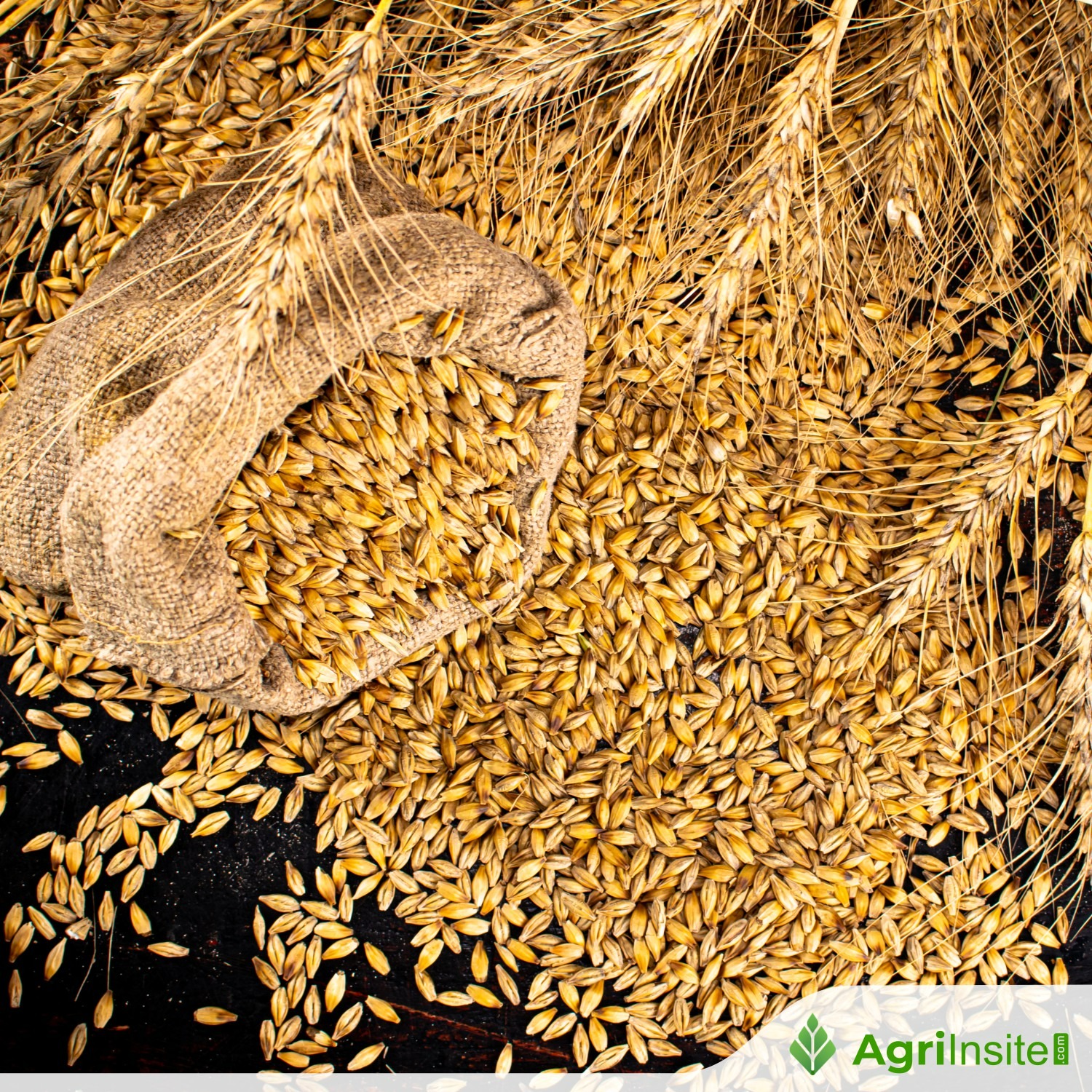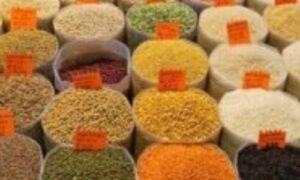Pakistan : Farmers advised to sow wheat till Nov 10 to get best results

The Cereal Crop Research Institute (CCRI) in Khyber Pakhtunkhwa has initiated the wheat cultivation season, urging farmers to plant recommended seeds by November 10. Two new seed varieties, designed for arid and irrigated areas, promise double the yield of traditional seeds and enhanced disease resistance. With the province producing only 1.3 million tons annually against a demand of five million tons, these seeds could reduce reliance on Punjab for wheat. Farmers are advised on optimal planting techniques and fertilizer application. For more details, visit here.
Peshawar – The Cereal Crop Research Institute (CCRI), Khyber Pakhtunkhwa, has announced that the wheat cultivation season has started in the province and advised farmers and growers to plant the recommended wheat seeds from the institute by November 10 to achieve the best production.
Senior Research Officer of CCRI, Dr Ibn Amin Khalil, said that in light of the changing weather patterns and climate change, the institute has introduced two types of wheat seeds for both arid areas and lands irrigated with canal water.
He stated that both types of seeds yield double the production compared to traditional seeds and are resistant to adverse weather conditions and diseases.
Dr Khalil explained that the new seeds were developed carefully to maximize production from minimal land. The new seeds for arid areas include Shahkar 2013, Wadan 2017, Pirsabaq 2015, 2019, 2021, 2023, and Taskin 2022, while the seeds for areas irrigated with canal water include Gulzar 2021, Zarghun 2021, Khaista 2017, and Khyber 2023. Additionally, he mentioned that Pasina 2017 and Abasin 2021 seeds have been developed for late-season growers.
He noted that if these seeds are cultivated on time, productivity would double compared to normal seeds. Furthermore, the grain size of these seeds is larger than that of normal seeds, and they are less affected by diseases, thereby reducing the additional cost of pesticides for farmers and growers.
Regarding wheat demand, Dr Khalil indicated that, according to expert estimates, Khyber Pakhtunkhwa produces 1.3 million tons of wheat annually, while the province’s requirement is five million tons. “If farmers use the seeds recommended by the experts, the province’s dependence on Punjab for wheat procurement will be reduced,” he claimed.
Concerning wheat cultivation, Dr Amjad Ali, principal research officer of CCRI, stated that after plowing the fields, farmers should smooth the surface of the land, apply fertilizers, and plant 50 kg of seeds per acre during October and November.
He advised that late-season growers should plant at least 60 to 65 kg of seeds per acre, along with one bag of DAP and two sacks of urea.
It is noteworthy that CCRI seeds have been used in Punjab for the past four to five years due to their higher yield and lower cost. The Pirsabaq seed yields four and a half maunds of wheat when cultivated on one kanal of land.
Source Link : https://www.nation.com.pk/31-Oct-2024/farmers-advised-to-sow-wheat-till-nov-10-to-get-best-results
















